Rich Lenkov is a multitasker.
He’s recently been elected to the Illinois Super Lawyers List, having represented professional sports organizations and multiple entities in the entertainment industry for over 25 years. He is a highly in-demand lecturer and webinar host, board member and advisor, as well as a basketball, football and baseball coach, nightclub owner, and a podcast star.
He also founded The Sports and Entertainment Risk Management Alliance (SERMA), that serves defense industry professionals in the sports and entertainment industry in the States.
And he managed to squeeze in having a production company, Triopolis Productions, with credits including ‘85: The Greatest Team in Football History (starring Barack Obama, Bill Murray, Mike Ditka). A Perfect Storm: The Story Of The 1994 Montreal Expos and John Wayne Gacy, Defending a Monster.
He also has some live theater credits including Renegades, a live production at Caesar’s Palace in Las Vegas , and Elvis Presley’s Heartbreak Hotel in Concert, Rock of Ages and Steve Van Zandt’s The Rascals: Once Upon a Dream.
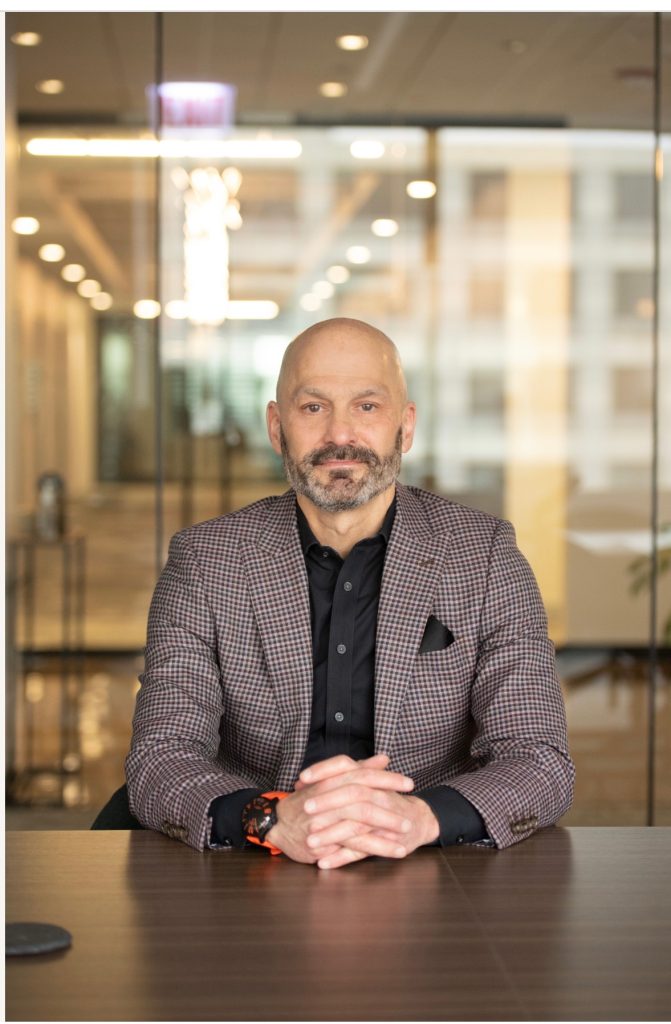
So what is left for a man like this to do? He’s been trying to have a sit-down with Irresistible Magazine for years, and we finally agreed once we needed to share a table with him at the pumping Sundance Film Festival, where a seat in a restaurant is as scarce as a movie ticket.
We learnt that he had been coming to Sundance for 15 years to host a popular event called Monday on Mainstreet. It’s so successful, and has kept him so busy, that he has never seen a film at the festival, but we’re also aware that he hits the slopes around Park City as soon as he has a free moment.
Irresistible attended Monday on Mainstreet, and then went deep into the mind of Rich, to understand more about his obsession with Bruce Springsteen and what his spirit animal is.
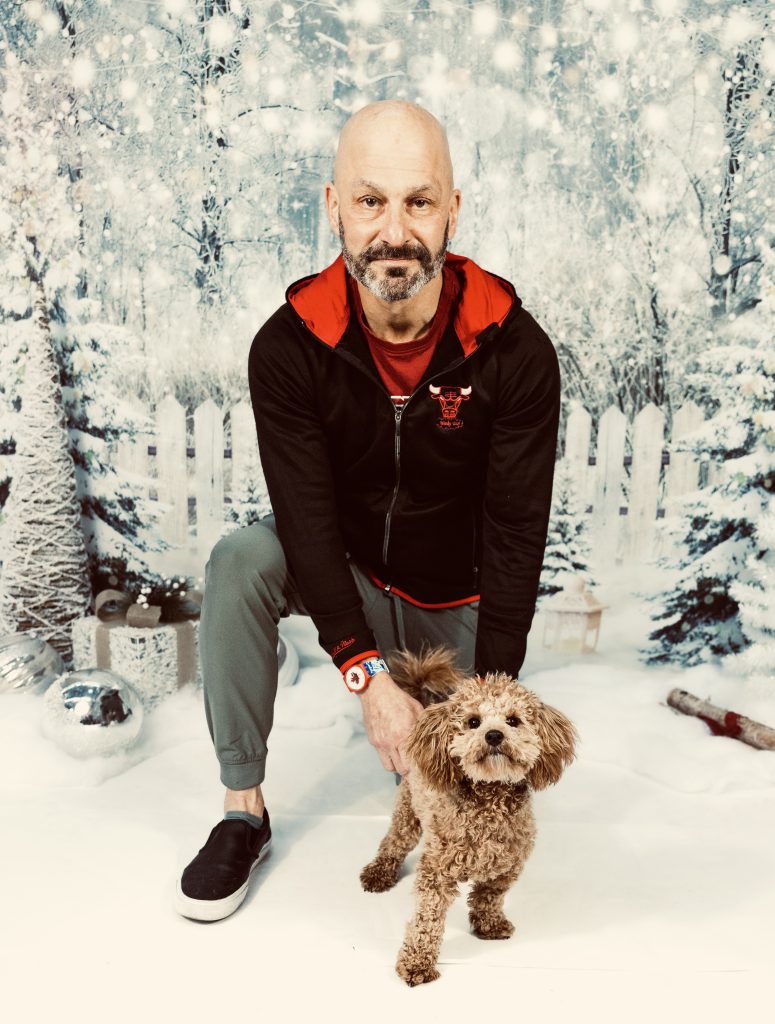
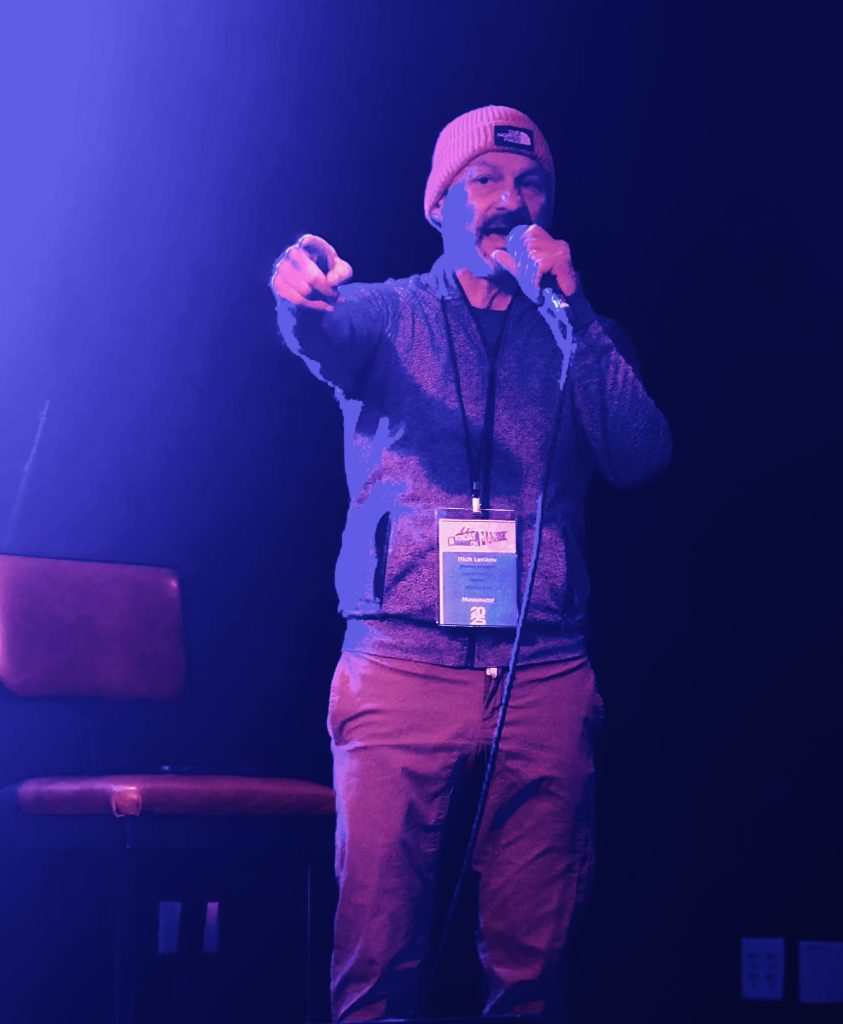
Tell us more about your long-running event at Sundance. It’s a legal panel discussion but it’s fun!
Fifteen years ago, we launched Monday on Main Street to spotlight the Midwest film community. Initially, it was just a happy hour for Midwest filmmakers attending Sundance, but it’s grown into something much bigger. Chicago, for instance, boasts the largest production studio between the coasts and an incredibly vibrant film, TV, and music scene. Our goal has always been to highlight Midwest talent and projects. This year’s event was our largest yet—over 1,400 RSVPs for a space designed for 250! Looking ahead, we’re exploring partnerships with Sundance to serve as their official legal provider.
What was your favourite moment at Sundance this year?
The most rewarding thing was meeting Irresistible Magazine and my two new best friends.
SXSW is a standout for its variety and the high level of content, but I also love the Chicago International Film Festival.
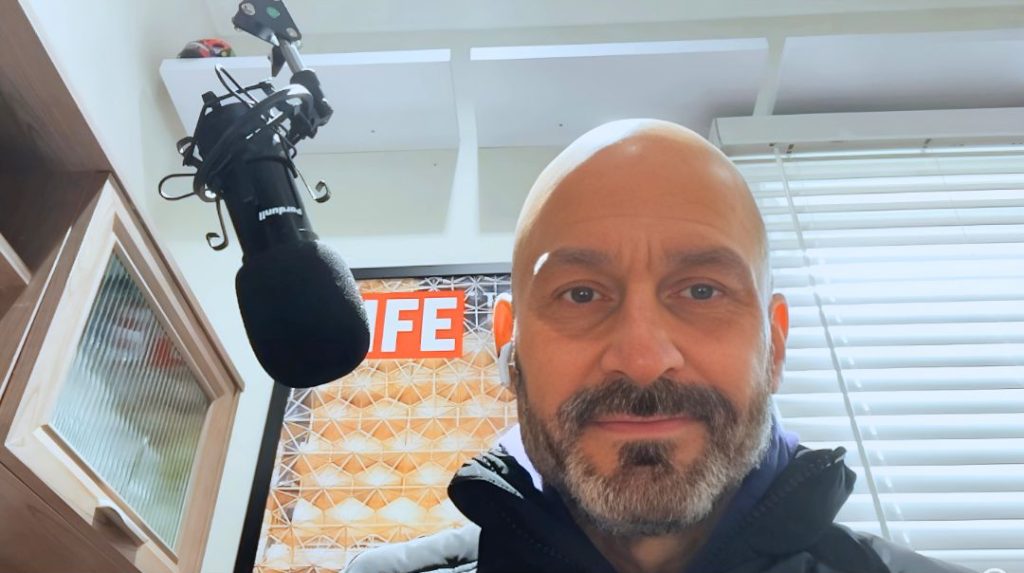
SERMA stands for the Sports and Entertainment Risk Management Alliance. It’s a platform we created to provide resources, education, and networking for professionals managing risks in sports and entertainment. Risk management might not seem glamorous, but it’s vital. From weather disruptions and natural disasters, to artist cancellations and cyberattacks, risk managers handle it all. For instance, at a concert, everything from security to artist protection involves meticulous planning. There’s an enormous amount of thinking and planning before any event or filming can take place. We try and help the community be prepared. Sermapod is an extension of this work and it’s a lot of fun.
What other work is SERMA doing ?
We support an organisation called Musically Fed, a non-profit organization that works to mobilize the music industry in the fight against hunger. They work with artists, promoters, management, and venues nationwide to donate unused, backstage meals to community organizations comprised of at least 50% veterans and who focus on feeding the homeless, hungry, and food insecurity.
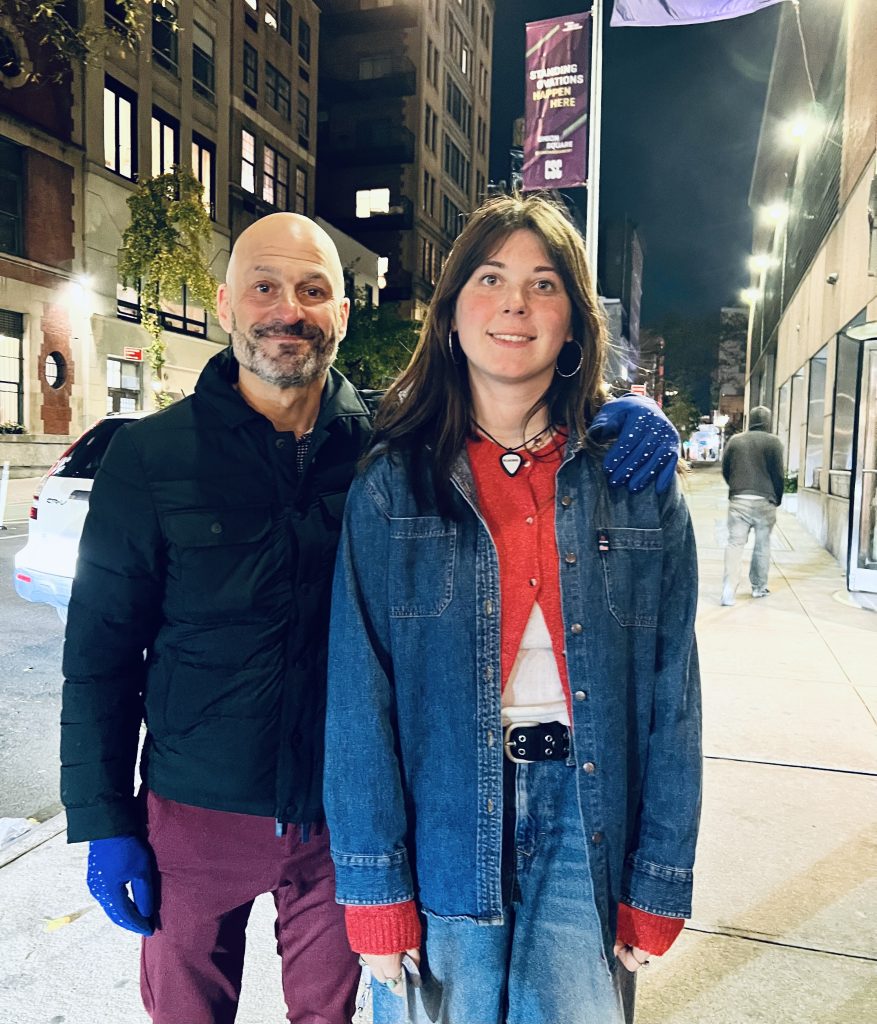
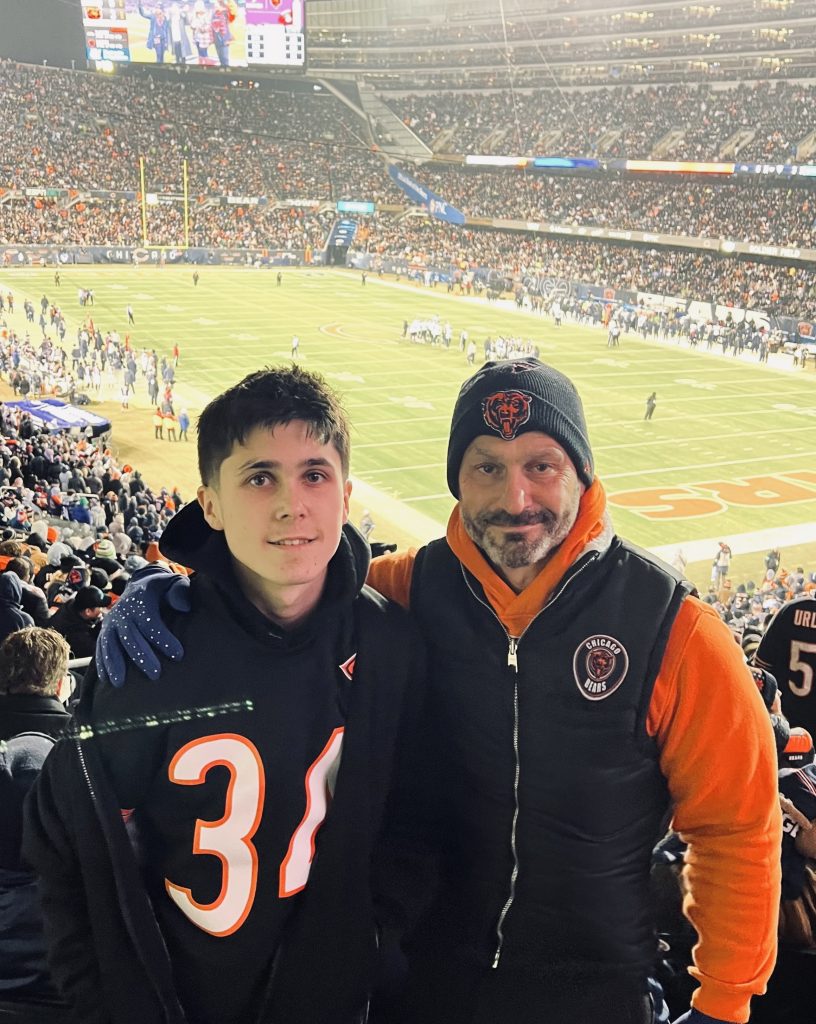
What kind of legal issues catch filmmakers or other industry heavyweights out? Is there anything that people are still surprised by?
Two recent examples come to mind. The tragic Rust shooting changed how the industry views on-set safety, with the lead actor and producer facing manslaughter charges. Nobody saw that coming. It’s led to tighter protocols around props and equipment. Another case grabbing headlines involves It Ends With Us with Blake Lively and Justin Baldoni. Both parties have filed lawsuits, and the director recently released footage to support his defence against harassment allegations. Interestingly, Lively claims the same footage supports her side. It’s unusual to see such a case play out so publicly- something like this would usually be managed behind closed doors. The publicity also risks influencing juries and shaping public perception for any future trials.
The U.S. often leads trends. Is it the same for industry legal issues, do these kinds of cases set precedents or benchmarks?
Definitely. For better or sometimes for the worse, Hollywood influences how the global film and TV industry operates. However, other countries often implement stricter safety standards anyway, so it sometimes should be the case that the U.S. should learn from colleagues overseas. Many international film communities observe U.S. cases, especially Californian ones, to draw lessons and prepare themselves for what might be around the corner.
Do you have any insights about the Australian entertainment industry?
Well I don’t think it’s all Crocodile Dundee down there, but I do know that Australia has some of those very high safety standards we were talking about. The environment is definitely not as litigious.
You also handle music rights. How are those issues playing out in the film world? Are the streaming platforms having an effect?
Music rights are tightly controlled, and proper licensing is essential. Whether you’re using music for a film, a website, or streaming, the onus is on you to secure the rights. We’ve seen a huge surge in IP litigation, not just in music but also in publishing and photography. Artists are more proactive about protecting their work, probably because of streamers and the way that all work spreads online. Legal action has become a common recourse when violations occur. To avoid the issue completely more original film scores are being made so there’s an upside.
You’ve also become a creative producer. How did that happen?
As a lawyer, I consulted with creatives, but stepping into their world has been eye-opening. Producing has allowed me to nurture a long-held creative side I didn’t realise could become a career.
Your production company has a strong focus on documentaries. What drives that passion?
I love exploring untold angles of familiar stories. My production partner Scott and I are working on true-life narratives that offer fresh perspectives. We’ve also delved into sports documentaries and, even horror films—my personal favourite genre.
What has taken you by surprise on your own projects?
Where do I start? When Scott and I made our first documentary, ’85, about the Chicago Bears, we had no budget or team—just an idea. Halfway through, we discovered ESPN was producing a competing documentary on the same topic as part of their 30 for 30 series. It was daunting to go up against their resources, connections, and reach. But we persevered and finished our film. That experience taught me to adapt quickly under pressure.
My favourite film of all time is Goodfellas, by Martin Scorsese, the great director of the 1990 mafia classic. I could watch that any day of the week. Scarface is a close second. So you probably get my favourite genre is those kind of films.
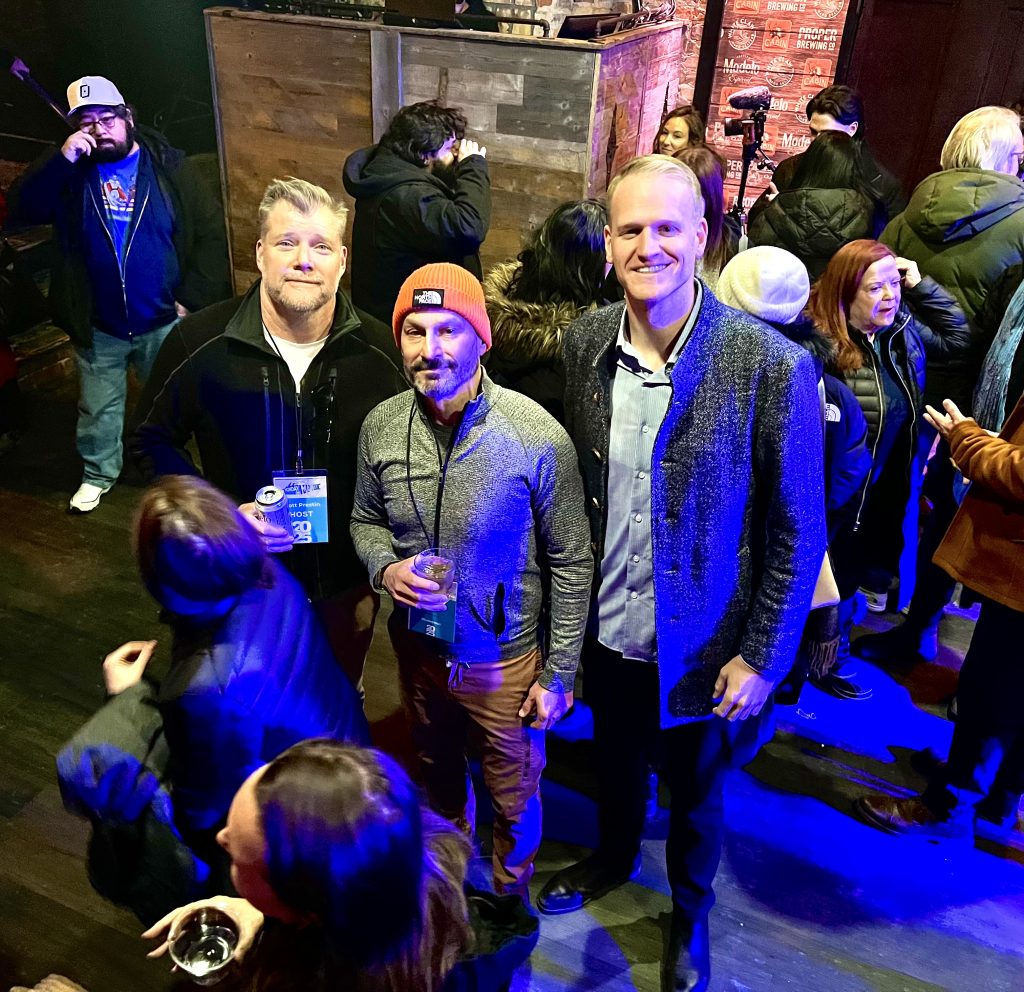
Well, I’m a big fan of Bruce Springsteen. He’s one of my favourite artists. I’ve been a fan, literally, my whole life. I have seen him 139 times, and admire him for his resilience, for his artistry, for his creativity, for his work ethic. I mean, the guy is still putting on three hour shows in his mid- 70s, with no sign of stopping. And I think his imprint on the world; his causes and what he does, what he stands for, it checks a lot of boxes for me.
Who has inspired you in your career?
My father. Watching his work ethic taught me that there was so shortcut to success.
Jason Statham. He’s handsome and bald enough!
What would you say is your spirit animal?
My spirit animal? I’ve not really thought about it, but my name is Hebrew for lion. I feel like lions combine a lot of qualities that I aspire to have. Yes, a lion.
What advice would you give to aspiring entertainment lawyers?
There are always two choices for anything that you do. In the legal field, and particularly in the film business, and the right choice is always the hard one. It’s not easy, it’s not fun. It takes time. It takes effort. You lose sleep. But if it was easy, everyone would do it. That’s a cliche, but that’s the truth. When you’re going into this business, you have to fight. There’s no way around it. Always take the harder path. It’s never easy, whether in law or filmmaking, but that’s what sets you apart. Put in the time, stay detail-oriented, and commit fully. This field demands resilience, but the rewards make it worth it.





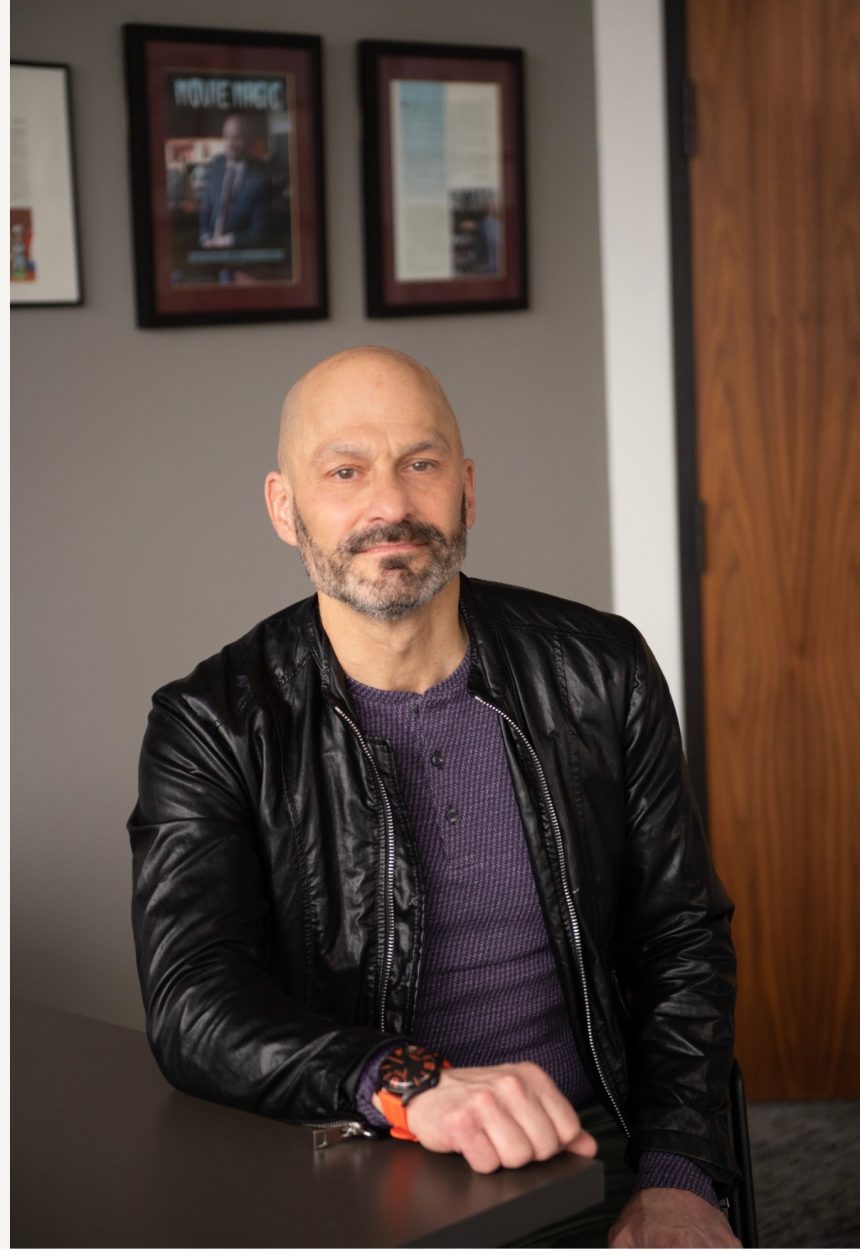






Rich Lenkov’s impact on the entertainment and sports industries is remarkable. His diverse roles—from top lawyer to producer and podcast host—demonstrate his ability to juggle multiple passions. SERMA’s mission is invaluable, offering resources and education to professionals managing risks in entertainment. Truly inspiring work across all fronts!